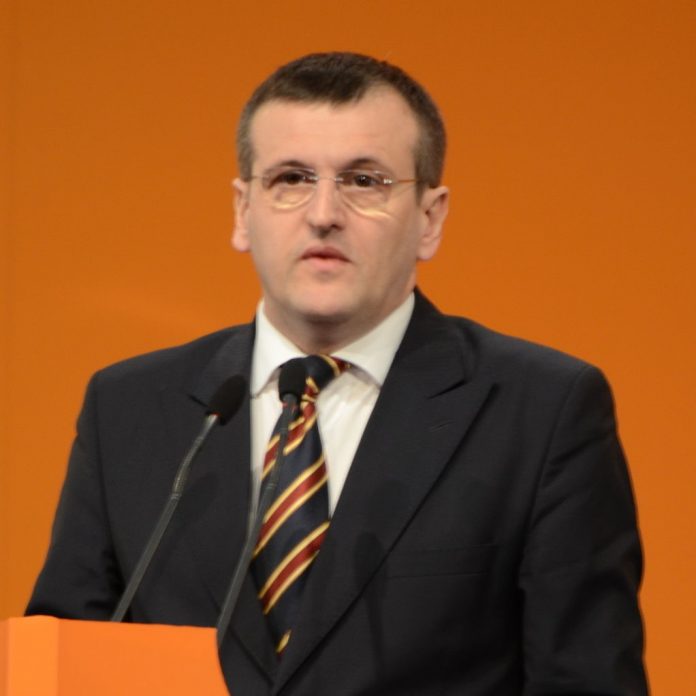From 2021 onwards, the new Neighbourhood, Development and International Cooperation Instrument (NDICI) will streamline the financing of EU activities in its immediate neighbourhood, as well as its activities in development policy and international cooperation. The EPP Group wants €93.1 billion to be earmarked for the Instrument in the period 2021-2027, increasing the European Commission proposal (€89.2 bn) by 4.4%.
“The new NDICI will meet the common expectations of all partners involved in development and international cooperation, making the implementation of external action more coherent and flexible”, stressed Frank Engel MEP, EPP Group Spokesman for Development Policy.
A big change compared to the current EU External Action financing architecture is that the new NDICI will merge 10 different financing instruments becoming a unique EU budgetary line to finance the EU’s external action. For the EPP Group, it is crucial to have a streamlined architecture for external financial instruments as long as the objectives of the Union’s underlying policies are clearly respected.
“In order to address today’s global challenges, it is essential to make EU external action more relevant, coherent and responsive. From this perspective, bringing together the various strands of external action in a single financial instrument that provides for increased flexibility could represent a step forward”, said Cristian Dan Preda MEP, EPP Group Spokesman for Foreign Affairs. “But this cannot be at the expense of the Parliament’s rights of scrutiny over the way the external action funds are used or on setting political priorities. The Report proposes a coherent framework for the governance of the Instrument that will ensure that Parliament has a say on these issues, in particular regarding setting the priorities for Europe’s Neighbourhood, which has special political significance for us”, he added.
The Regulation also puts the European Development Fund – the main Instrument for providing development aid to African, Caribbean and Pacific (ACP) countries and to overseas countries and territories – under the EU budget which until now, has been financed by Member State contributions. It additionally reinforces the financial allocations for the creation of a Pan-African Programme to address the challenges of the African continent as a whole.

